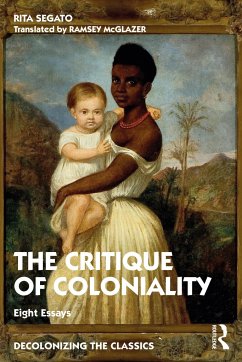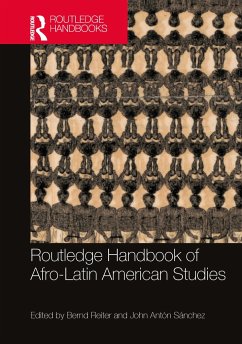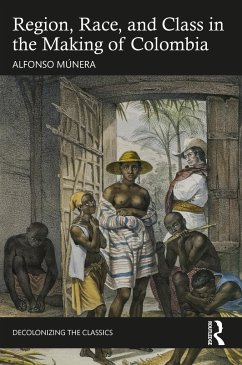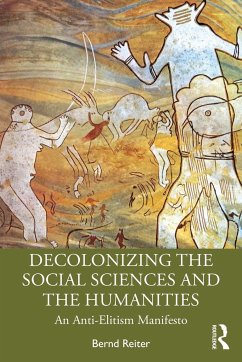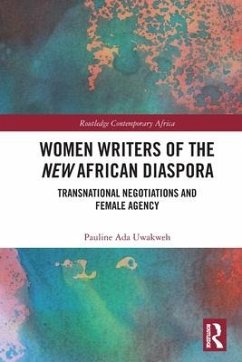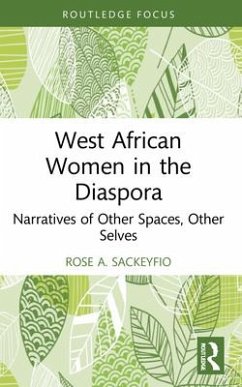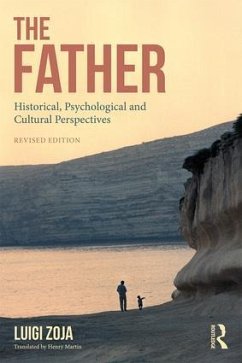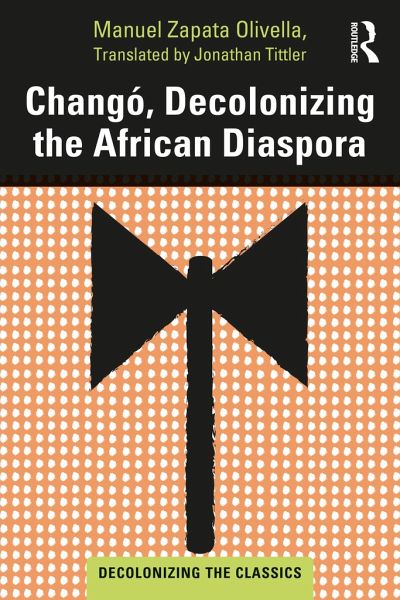
Changó, Decolonizing the African Diaspora
Versandkostenfrei!
Versandfertig in 6-10 Tagen
42,99 €
inkl. MwSt.
Weitere Ausgaben:

PAYBACK Punkte
21 °P sammeln!
The crowning achievement of Afro-Colombian author Manuel Zapata Olivella, Changó, Decolonizing the African Diaspora depicts the African American experience from a perspective of gods who stand over the world and watch.The centennial anniversary release of this ground-breaking postcolonial text remains a passionate tour de force to make sense of our past, present, and future. A new introduction by Professor William Luis positions the book in contemporary politics and reasserts this book's importance in Afro-Spanish American literature. Ranging from Brazil to New England but centered in the Car...
The crowning achievement of Afro-Colombian author Manuel Zapata Olivella, Changó, Decolonizing the African Diaspora depicts the African American experience from a perspective of gods who stand over the world and watch.
The centennial anniversary release of this ground-breaking postcolonial text remains a passionate tour de force to make sense of our past, present, and future. A new introduction by Professor William Luis positions the book in contemporary politics and reasserts this book's importance in Afro-Spanish American literature. Ranging from Brazil to New England but centered in the Caribbean, where countless enslaved people once arrived from West Africa, this book recounts scenes from four centuries of involuntary displacement and servitude of the muntu, the people. Through the voices of Benkos Biojo in Colombia, Henri Christophe in Haiti, Simon Bolivar in Venezuela, Jose Maria Morelos in Mexico, the Aleijadinho in Brazil, or Malcolm X in Harlem, Zapata Olivella conveys, in luminous verse and prose, the breadth of heroism, betrayal, and suffering common to the history of people of African descent in the Western hemisphere.
Readers and critics of postcolonial literatures will relish the opportunity to experience Zapata Olivella's masterpiece in English; students of world cultures will appreciate this extraordinary tapestry, woven from equal strands of myth and history.
The centennial anniversary release of this ground-breaking postcolonial text remains a passionate tour de force to make sense of our past, present, and future. A new introduction by Professor William Luis positions the book in contemporary politics and reasserts this book's importance in Afro-Spanish American literature. Ranging from Brazil to New England but centered in the Caribbean, where countless enslaved people once arrived from West Africa, this book recounts scenes from four centuries of involuntary displacement and servitude of the muntu, the people. Through the voices of Benkos Biojo in Colombia, Henri Christophe in Haiti, Simon Bolivar in Venezuela, Jose Maria Morelos in Mexico, the Aleijadinho in Brazil, or Malcolm X in Harlem, Zapata Olivella conveys, in luminous verse and prose, the breadth of heroism, betrayal, and suffering common to the history of people of African descent in the Western hemisphere.
Readers and critics of postcolonial literatures will relish the opportunity to experience Zapata Olivella's masterpiece in English; students of world cultures will appreciate this extraordinary tapestry, woven from equal strands of myth and history.





